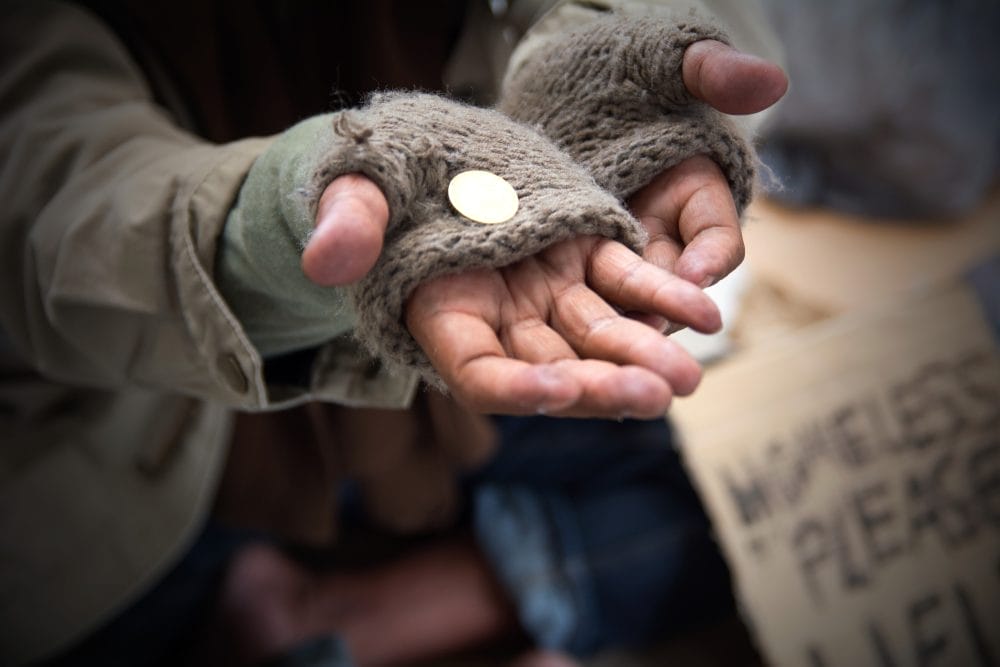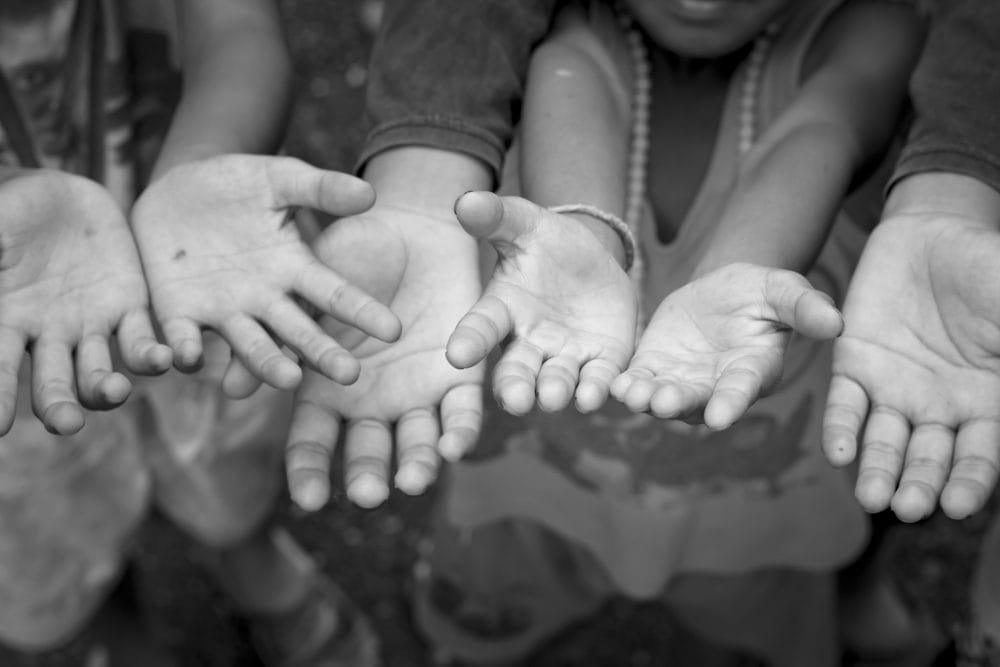The divide between the wealthy and the poor has become more visible in recent years. While billionaire philanthropy makes headlines, widespread and consistent wealth redistribution rarely follows.
Many ask the simple question: If the ultra-wealthy have more than they could ever spend, why don’t they just give more of it away? The answer concerns psychology, economics, social structures, and even personal fears.
A Different Definition of “Help”
To many wealthy individuals, helping the poor doesn’t necessarily mean giving away cash. They often believe offering “opportunity” is more sustainable than providing money. This can be building schools, investing in job-training programs, or promoting entrepreneurship. While these methods have their merits, they’re often slow-moving and may not address urgent needs like food, housing, or healthcare. This disconnect between immediate needs and long-term solutions can make direct giving seem less attractive.
Fear of Creating Dependency
One of the most common rationales among the wealthy for not giving directly to the poor is the fear of enabling a dependency mindset. There’s a belief that consistent handouts could weaken personal responsibility or discourage initiative. While data may not always back this fear, it’s a powerful psychological barrier. Wealthy individuals, particularly those who view their own success as self-made, may project that value system onto others. In their eyes, tough love is a better long-term investment than charity.
Mistrust in Systems and Intermediaries
Wealthy donors often hesitate to give because they mistrust the nonprofits, governments, or institutions responsible for distributing aid. Concerns about mismanagement, inefficiency, or corruption can make even generous individuals hesitant to participate. They fear their money will disappear into a bureaucratic black hole or fail to reach the people who truly need it. This skepticism leads many to keep their giving hyper-targeted, small-scale, or entirely within their networks. As a result, larger systemic change gets ignored in favor of safer, more controllable causes.
The Bubble of Privilege
Extreme wealth often isolates people from everyday struggles. Living in gated communities, flying private, and attending elite schools creates a social bubble where poverty feels abstract or invisible. Without daily exposure to hardship, wealthy individuals can underestimate its complexity or even deny its existence altogether. They may also assume everyone has access to the same tools they had, which distorts their view of inequality. That kind of insulation makes empathy harder to access, let alone act upon.
The Myth of Meritocracy
Many wealthy people believe strongly in the idea of meritocracy—that anyone can succeed if they work hard enough. This belief system validates their own success and simultaneously diminishes the perceived role of luck, privilege, or systemic barriers. If someone is poor, the thinking goes, they simply didn’t make the right choices. This ideology doesn’t leave much room for structural inequality, inherited poverty, or discrimination. It also makes direct aid seem like a reward for failure instead of a tool for leveling the playing field.
Prioritizing Legacy Over Redistribution
For the ultra-wealthy, legacy is often more important than generosity. They may prefer to fund buildings with their names on them or start family foundations that span generations. These forms of giving allow them to control their narrative and solidify their status in history. Giving to the poor anonymously or unceremoniously doesn’t carry the same prestige. In the world of elite giving, optics often matter just as much as outcomes.
Emotional Detachment Through Abstraction
Philanthropy at the billionaire level often becomes abstract, filtered through foundations, investment vehicles, and endowments. This creates a psychological distance between the giver and the recipient. Giving money to a faceless fund doesn’t evoke the same emotional urgency as handing food to a hungry child. With wealth comes layers of advisors, strategists, and consultants—each adding another degree of separation. Over time, this detachment can make suffering seem less urgent or optional.
Preference for Scalable Solutions Over Individual Aid
Many wealthy individuals are obsessed with scale and efficiency, traits valued in the business world. They prefer to invest in “systems change” rather than in people with immediate needs. To them, giving someone $500 to pay their rent is less appealing than trying to reinvent the housing market. This mindset sees one-time aid as a bandage and scalable innovation as a cure. Unfortunately, this approach often sidelines people who can’t wait for long-term solutions.
Fear of Being Taken Advantage Of
Some wealthy individuals fear that giving money to the poor makes them vulnerable to scams, manipulation, or guilt trips. Horror stories of fraud or exaggerated need are enough to deter action, even if they’re rare. Some go so far as to surround themselves with gatekeepers who shield them from “takers.” This attitude breeds an “us vs. them” mentality that reinforces social distance. The result is less generosity, more suspicion, and deeper inequality.
The Influence of Peers and Social Norms
Peer perception can strongly influence behavior among the elite. If a wealthy person’s social circle isn’t engaged in charitable giving, they may feel no pressure to participate themselves. Conversely, if their peers are focused on wealth accumulation, luxury, and status symbols, giving to the poor can feel like an outlier move. In these circles, philanthropy may be seen more as a branding opportunity than a moral imperative. Without a culture of giving, generosity becomes the exception, not the rule.
Belief in Market-Based Solutions
Some wealthy individuals believe that capitalism itself will eventually solve poverty. Their faith in the free market leads them to invest in businesses, startups, and private-sector initiatives rather than charitable efforts. They argue that job creation, innovation, and economic growth are more effective than handouts. But markets often leave behind those who are already marginalized or unable to participate due to barriers like poor education or health. Relying on capitalism to solve its own externalities can be an exercise in wishful thinking.
Philanthropy as a Tool for Power, Not Justice
At the highest levels, philanthropy isn’t always about helping—it can also be about control. The wealthy maintain influence over society’s direction by choosing what causes to fund and how to fund them. This selective generosity can sidestep democratic processes and accountability. In this light, charity becomes a means of preserving power rather than redistributing it. It’s easier to write checks on one’s own terms than to support broader economic reforms that might threaten personal wealth.
What Holds Up Help?
The reasons why the wealthy don’t give more directly to the poor are deeply rooted in psychology, social structures, and self-interest. While some are driven by caution or principle, others reflect systemic values that prioritize prestige, control, and distance over connection and equity. Changing this reality won’t happen through guilt alone—it will require a reimagining of what generosity really means in a world marked by stark inequality.
What do you think? Do any of these reasons surprise you, or do you see them playing out in real life? Drop a comment and share your thoughts.
Read More
10 Patterns That Can Make an Ordinary Person Super Wealthy
Humble Beginnings: 8 Reasons Why Some Poor People End Up Incredibly Rich







